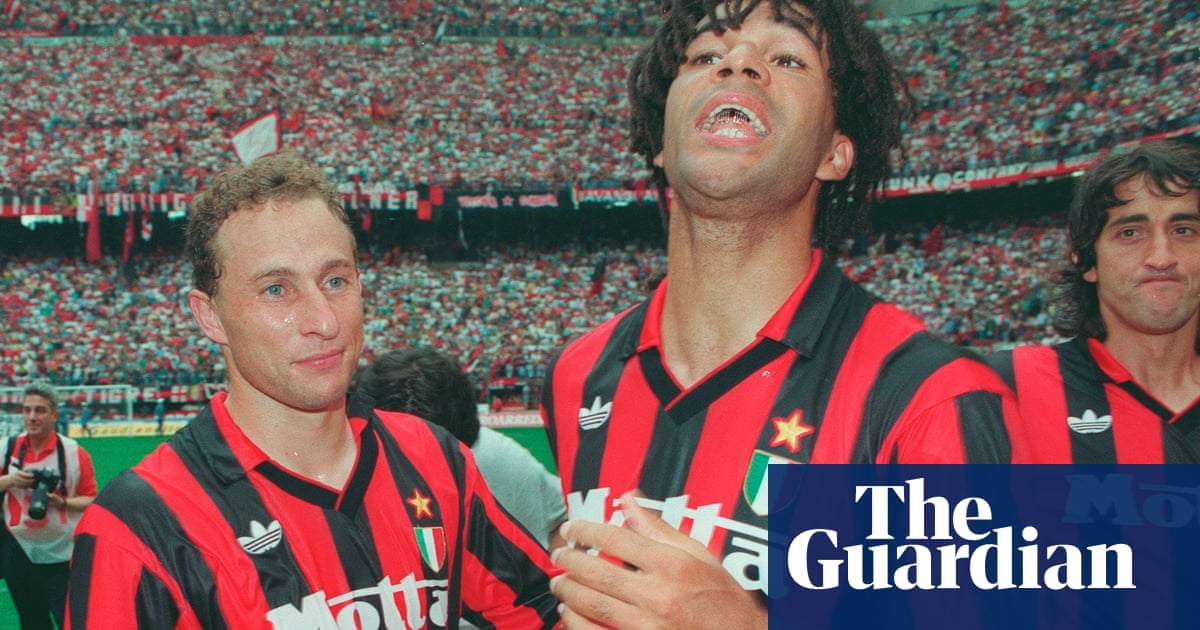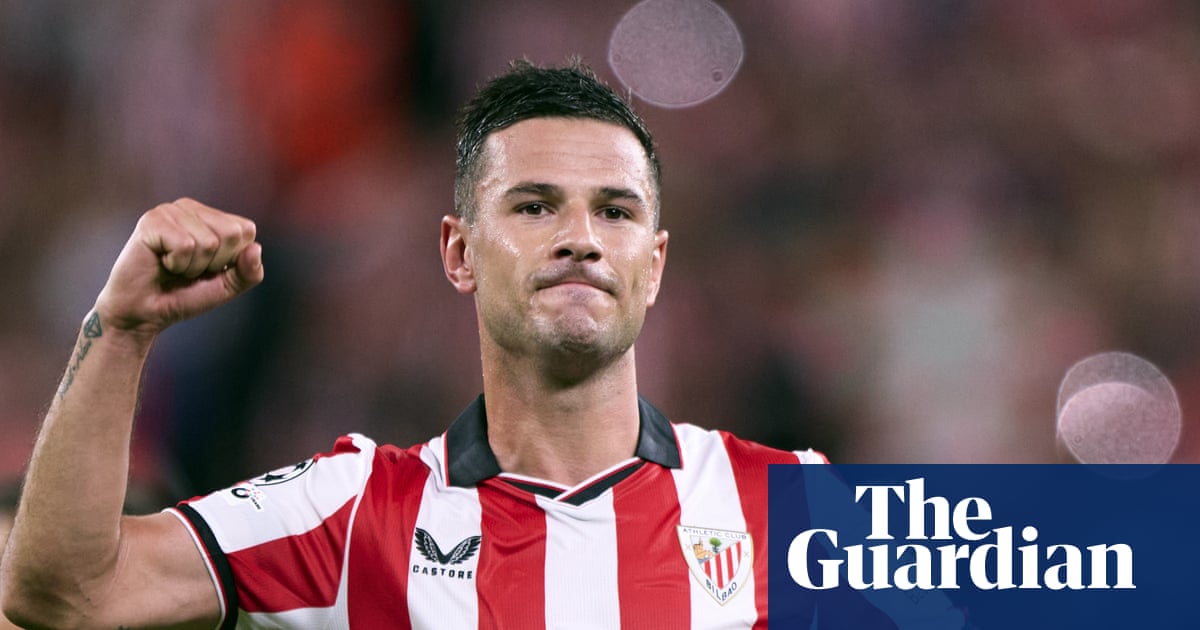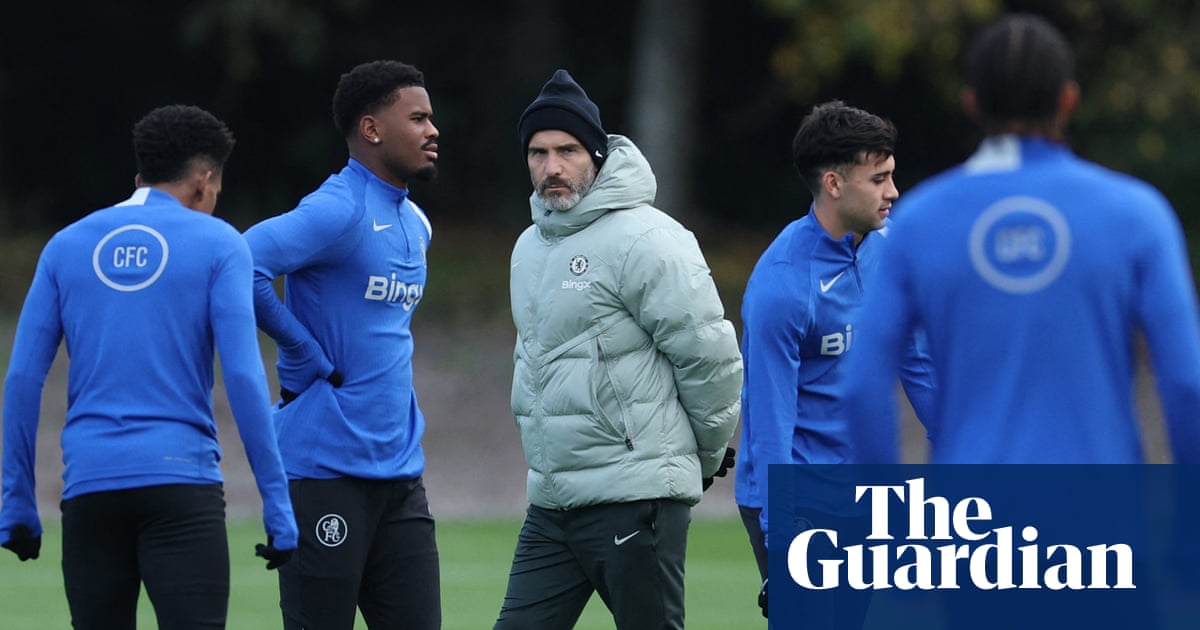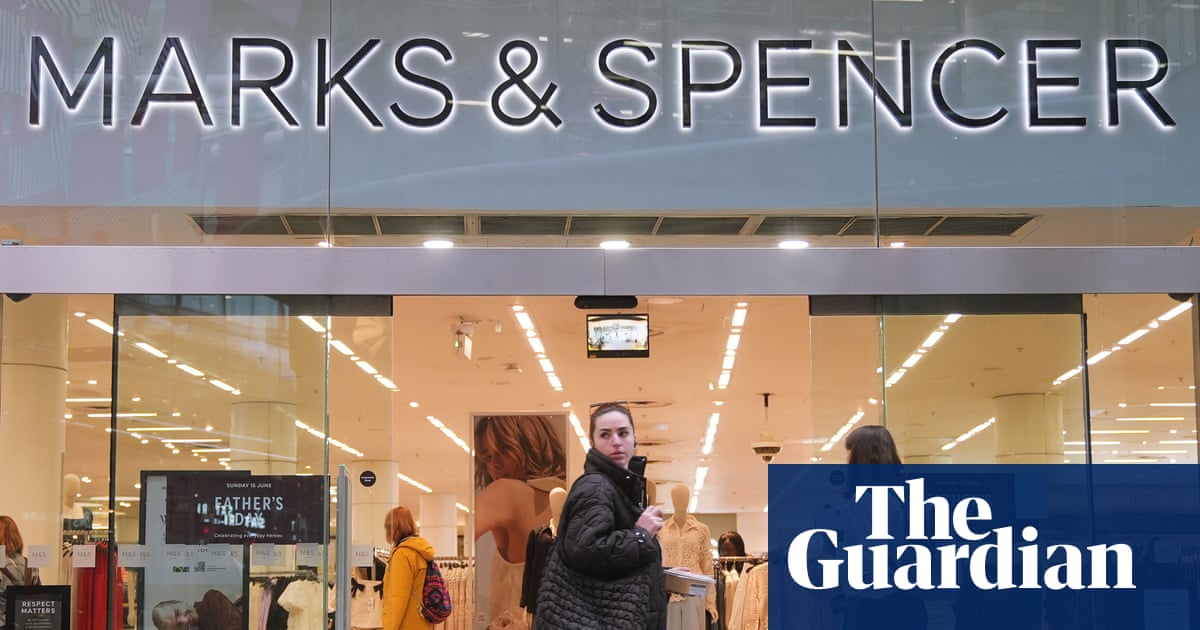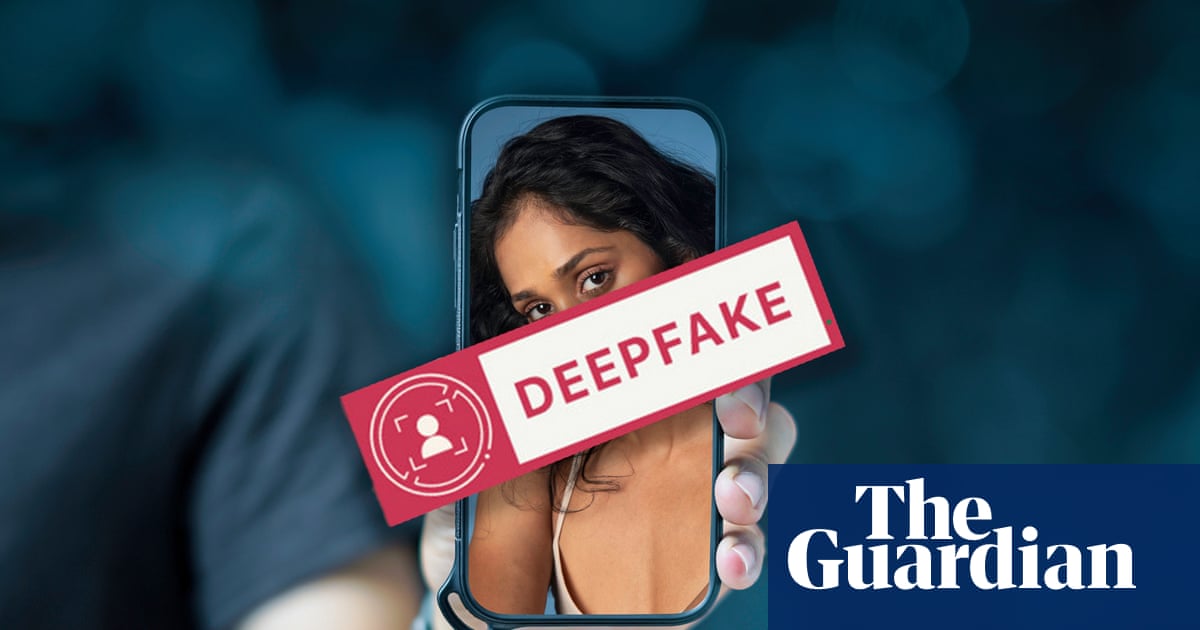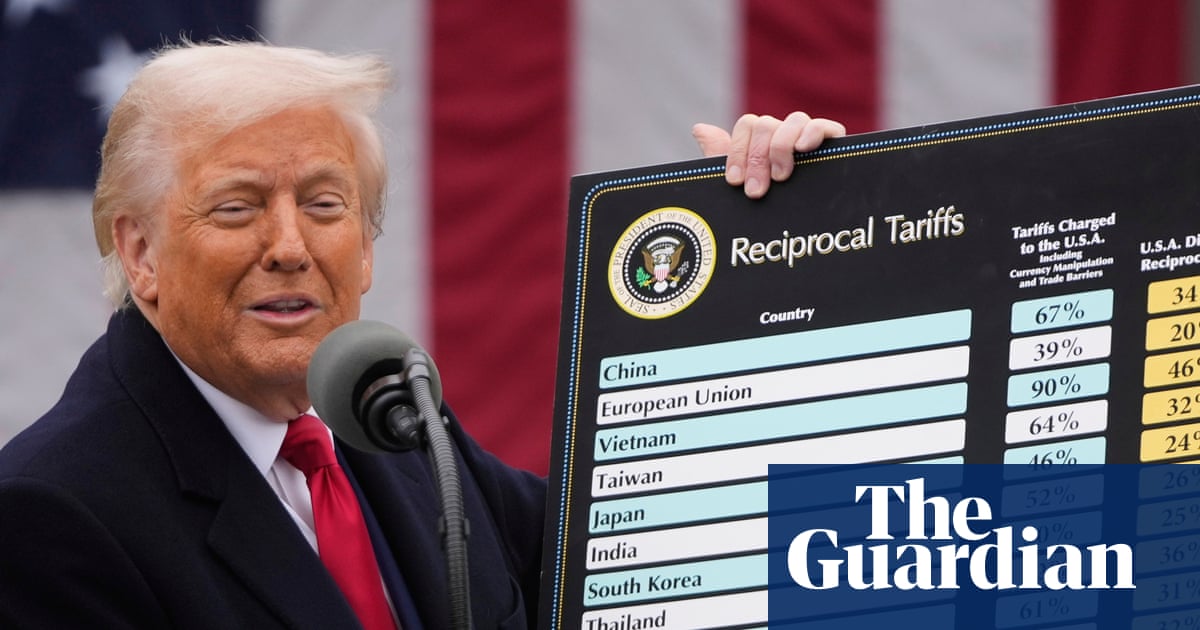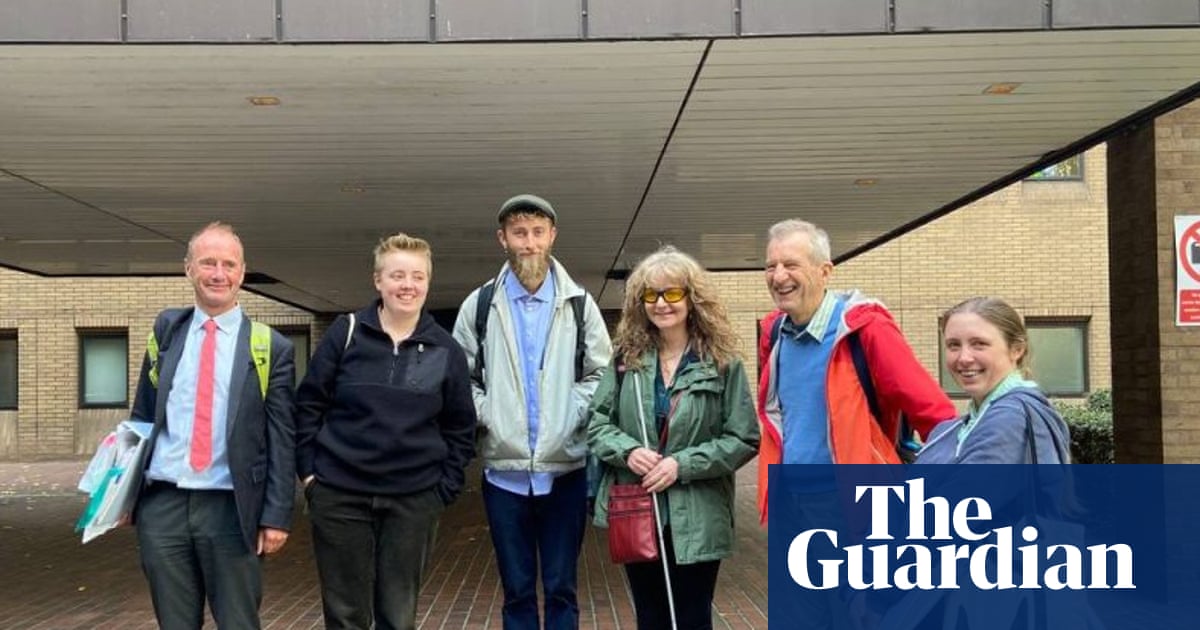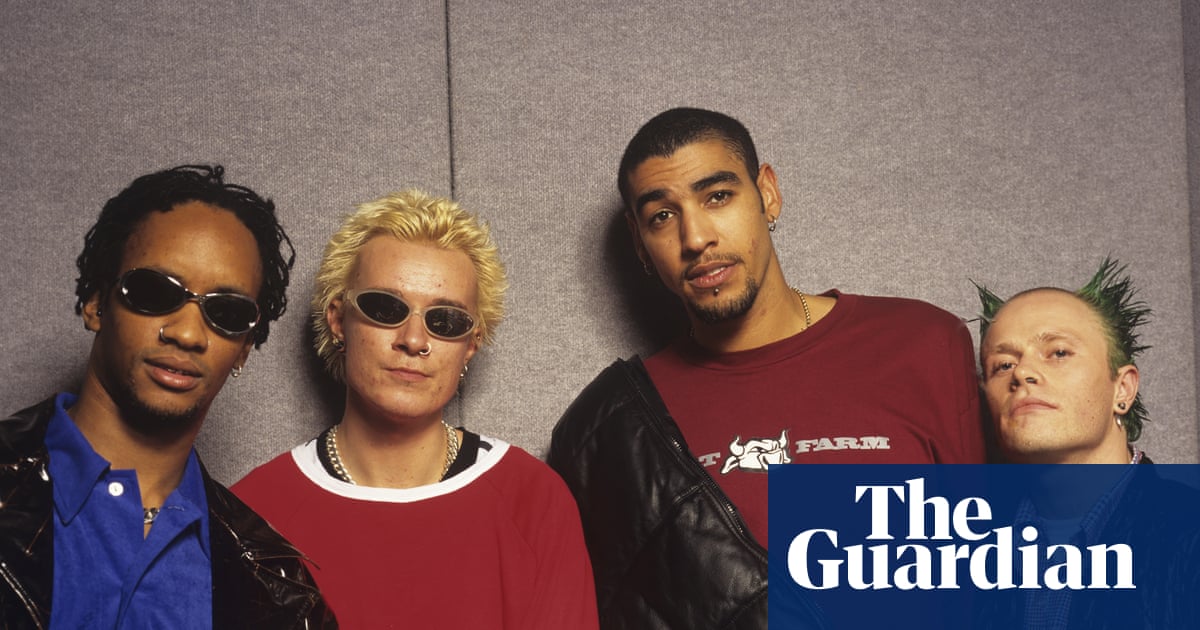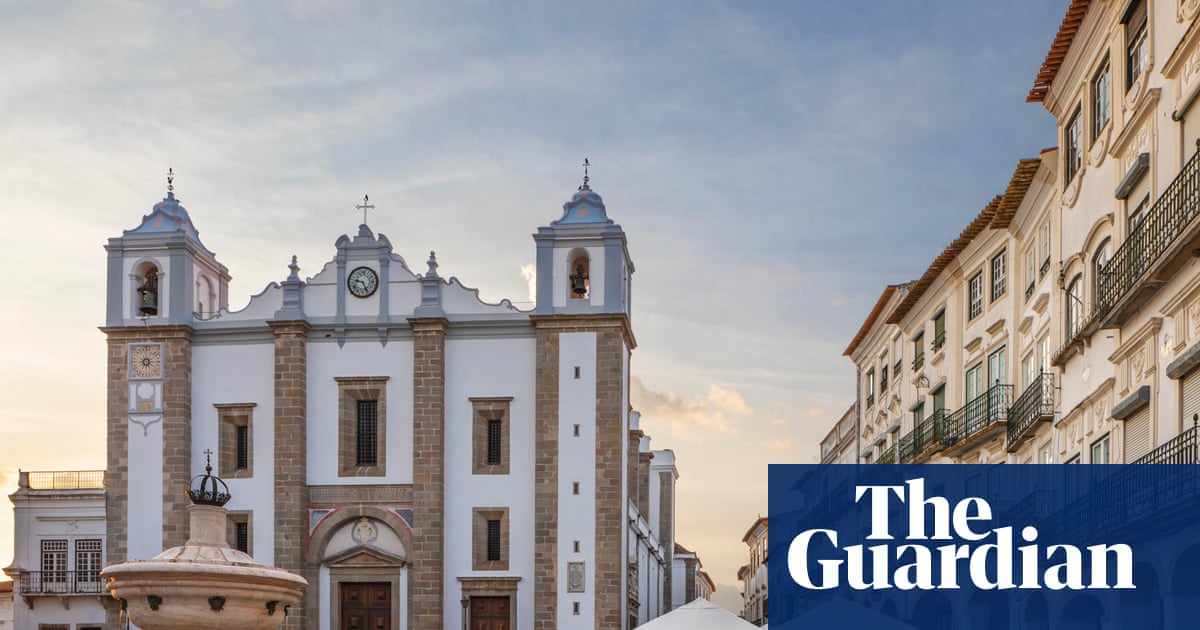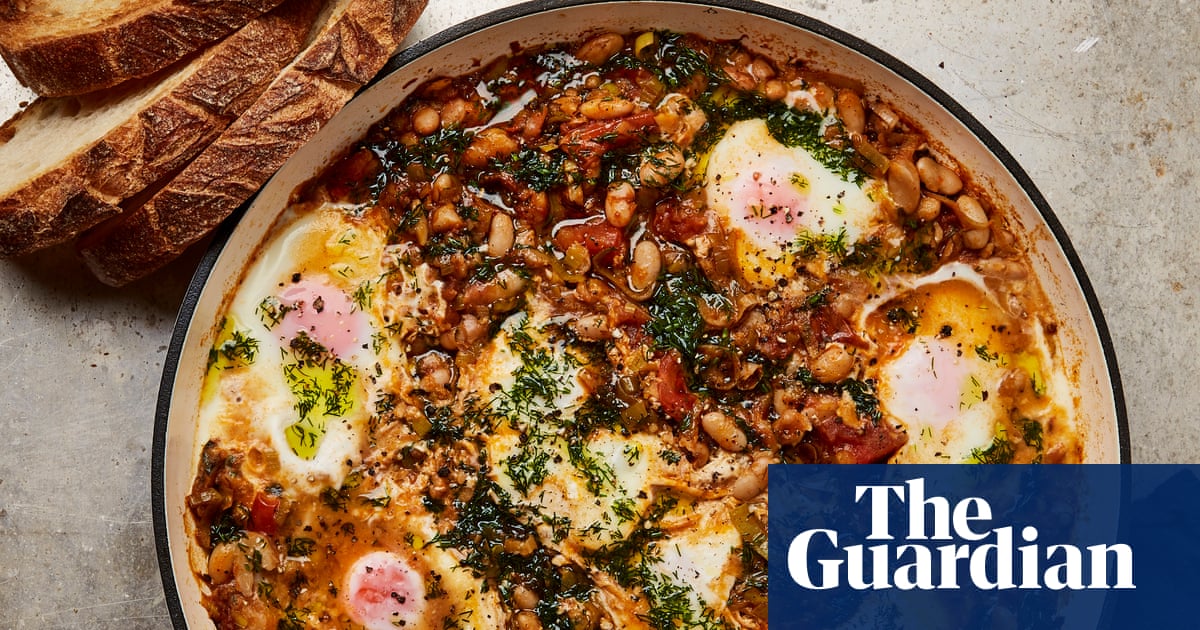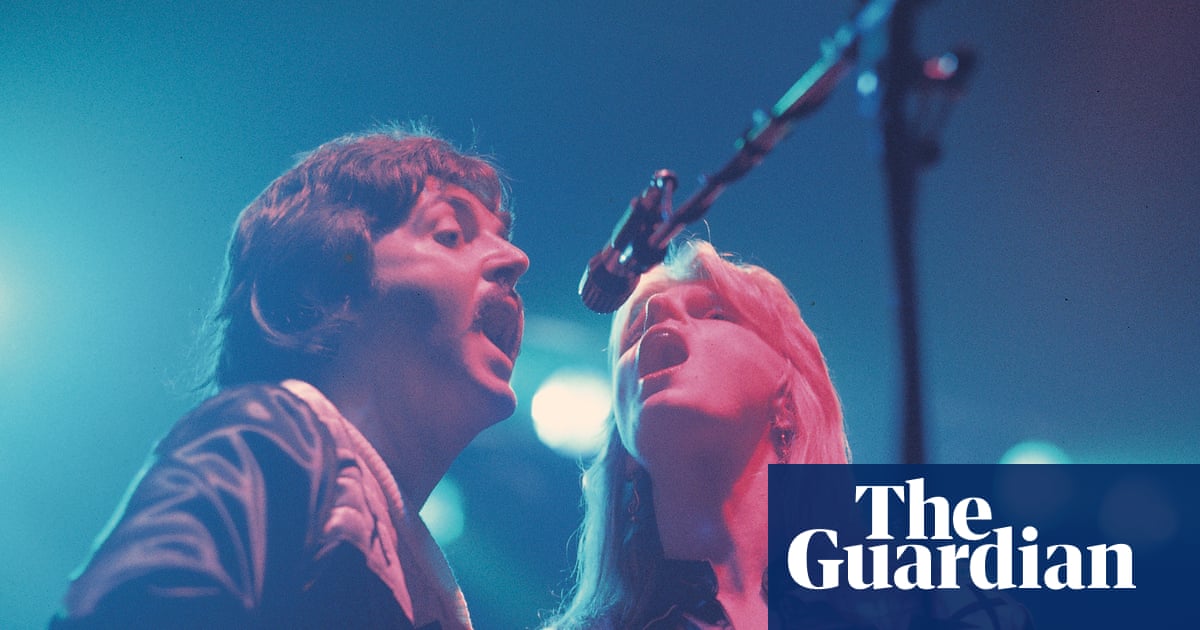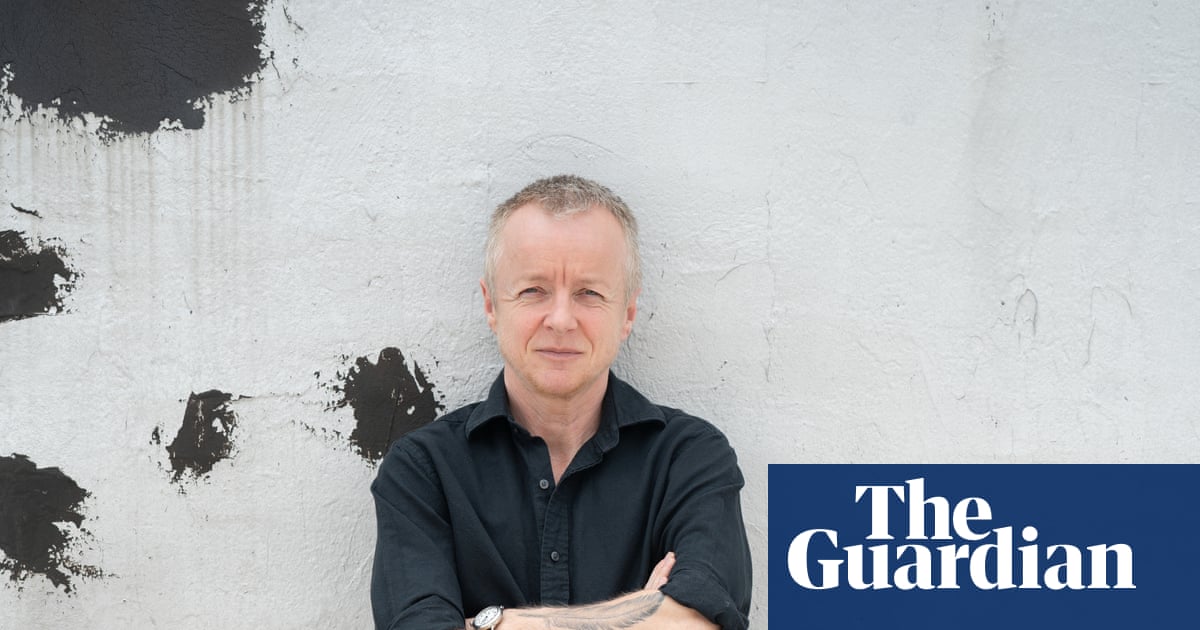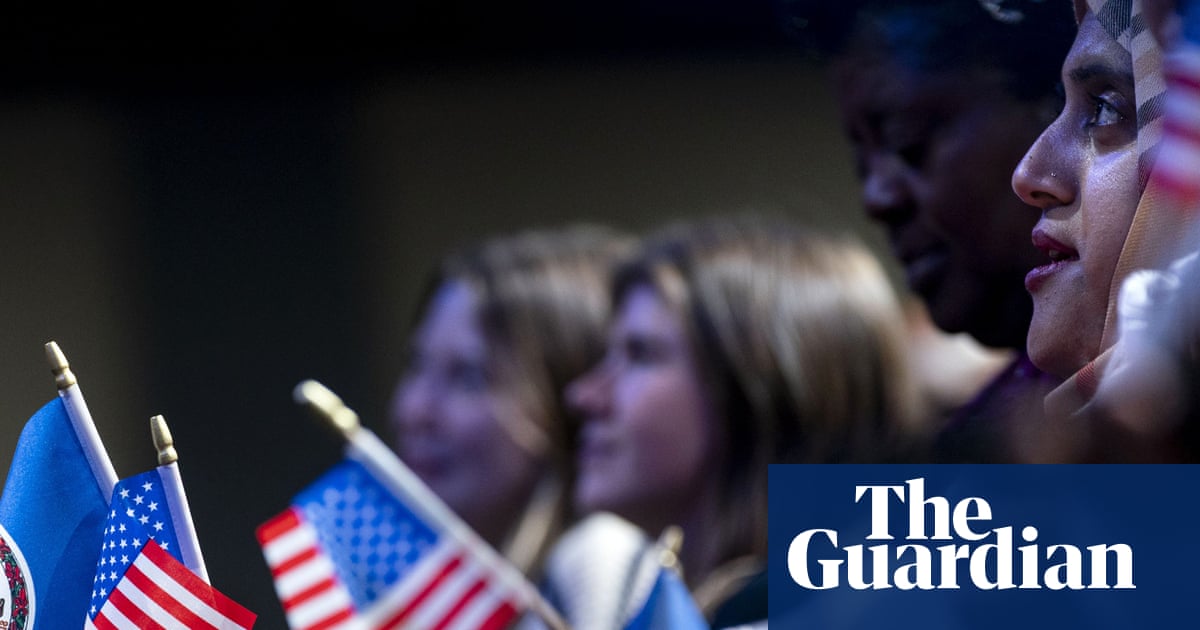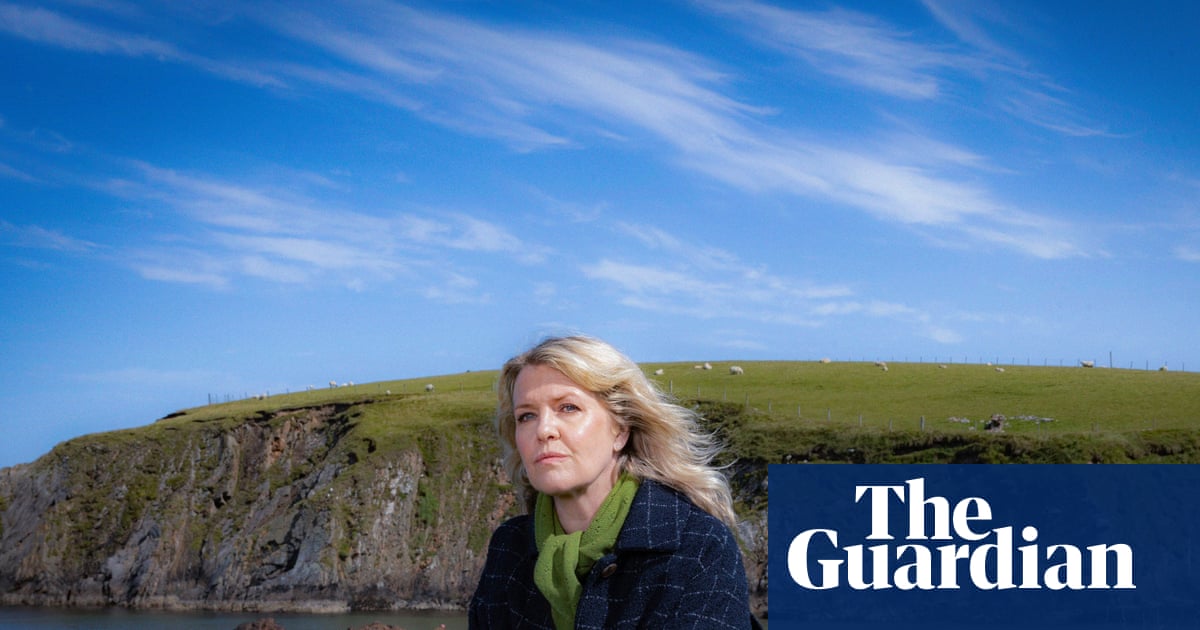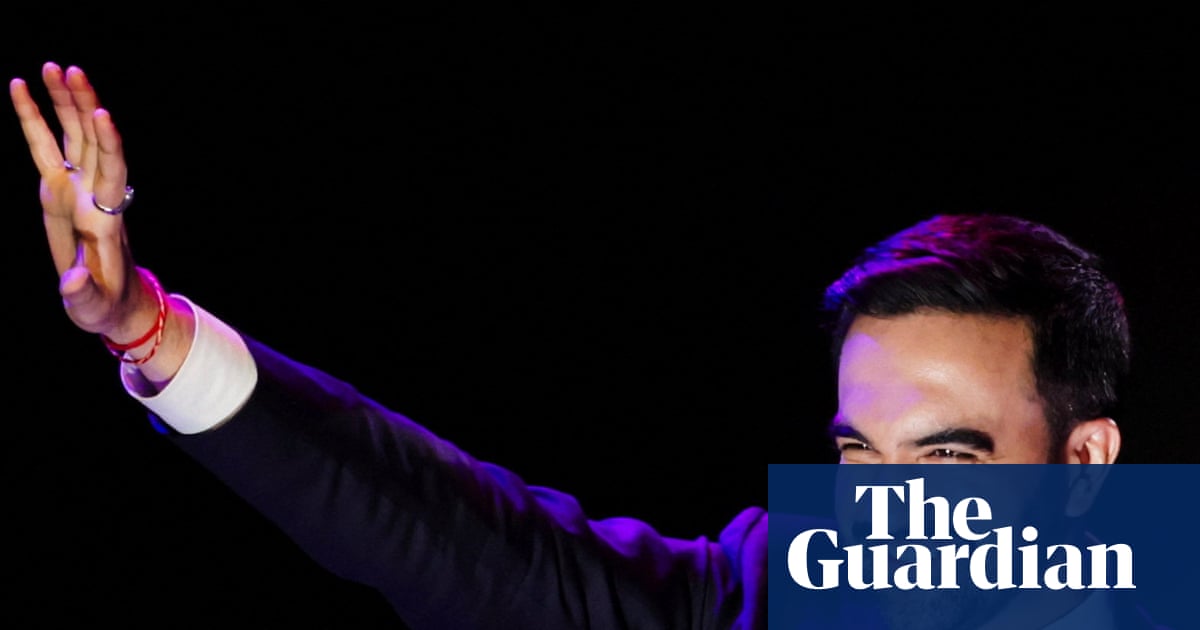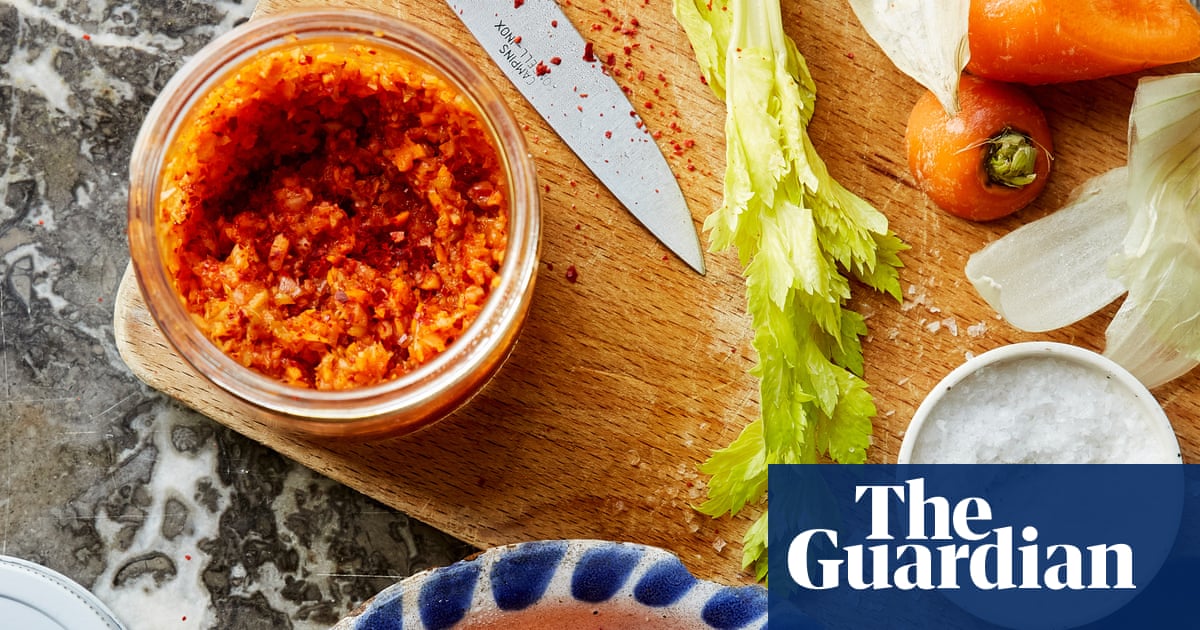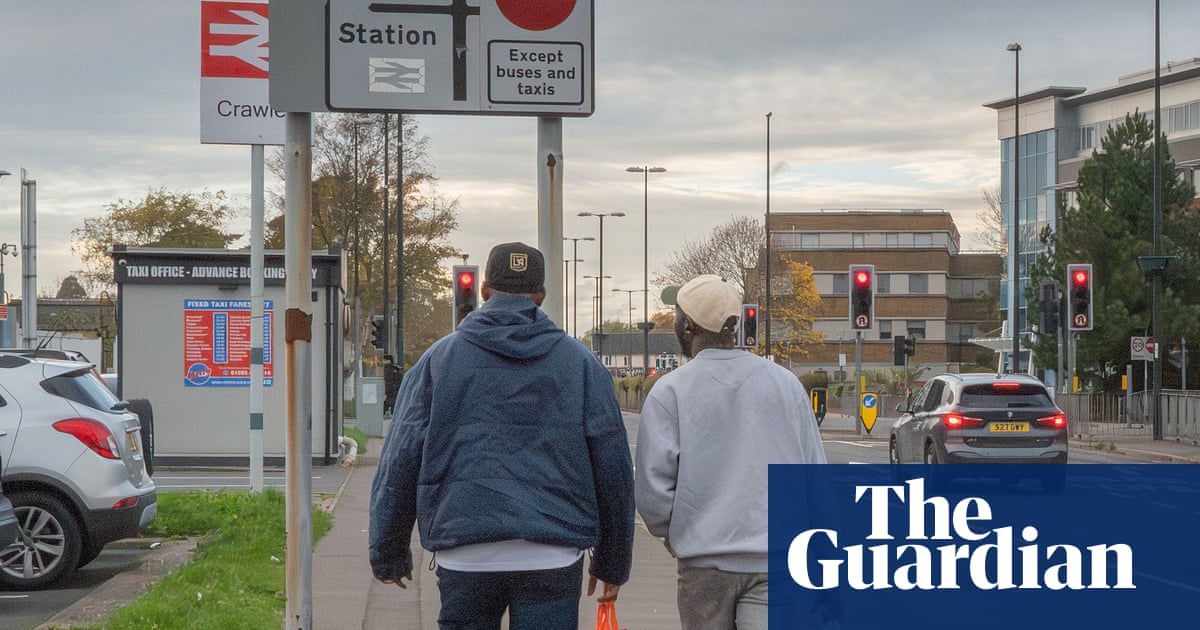On the morning of 16 March 1976, Robert Worcester – universally known as “Bob” – received the phone call that converted him from the head of a little-known market research company into the public face of polling in Britain. The call was from Harold Evans, the editor of the Sunday Times. Harold Wilson had just announced his retirement at prime minister. Evans wanted to find out whom voters wanted as the next Labour leader. Who better to conduct the survey than Labour’s own private pollster: Worcester himself?
The poll, showing James Callaghan well ahead, provided the front-page lead for the following Sunday’s paper. In those days party leaders were elected by MPs. The poll helped Callaghan’s cause – and did Worcester himself no harm, for Callaghan was duly elected, and kept him as the party’s pollster.
For the next two decades, Worcester’s company, Market & Opinion Research International (Mori), polled for the Sunday Times, and soon gathered other media clients. Worcester, who has died aged 91, understood the media’s need for news-making polls and snappy analysis. He quickly became the go-to pollster for radio and television programmes who needed an interviewee who could engage their audiences without bamboozling them.
Worcester grew up in the US, in Kansas, the son of CM and Violet Worcester. After graduating from Kansas State University and spells working for the consulting firm McKinsey in Washington and the Opinion Research Corporation in Princeton, New Jersey, he moved to London, to set up Mori in 1969. (He insisted that the acronym should be printed in capital letters as MORI, not as “Mori”.)
Success came swiftly. Worcester’s open, direct and user-friendly manner with clients helped him to build a successful portfolio of major companies that hired him to assess their standing with their staff, customers and the wider public. Over time this work expanded to embrace government departments and local councils. This enabled Mori to establish a large database that helped him to attract yet more clients, by offering to benchmark their performance against that of equivalent organisations. His regular appearances in the media added to his appeal to company chairmen (and they were invariably men) who wanted not just his data but his personal take on what the figures meant.
Worcester also enjoyed being on good terms with journalists, and was generous with his briefings. In 1981, he nearly came unstuck, when he told one of them that he was about to report bad news for the recently formed Social Democratic party. Worcester then showed his figures to another journalist, who pointed out a serious mistake in the data: in fact the SDP were actually gaining ground. Worcester’s second indiscretion saved him from his first: the figures were corrected by the time they were finally given to the client that had paid for them.
The late 1970s and 80s were years in which Worcester and Mori thrived. His eve-of-election predictions for each of Margaret Thatcher’s three victories, in 1979, 1983 and 1987, were all extremely accurate: within one percentage point of each party’s actual vote. Worcester had become by far Britain’s best known pollster, and Mori its most respected polling company.
Then came the 1992 general election. Mori’s eve-of-election poll was badly out. It was not alone: none of the polls predicted John Major’s victory. Now, Worcester’s high profile was a disadvantage; his became the face of failure. His reaction made things worse. He claimed that his figures were about right, and that there was a massive swing back to the Conservatives in the final 24 hours. He saw no reason to change Mori’s methods.
Nick Sparrow of ICM (the Guardian’s pollsters at the time) took a different view. He reckoned there was a problem, and set about changing the way he measured party support. Events proved Sparrow right. ICM produced the most accurate forecasts in 1997 and 2001, while Mori again overstated Labour’s support and understated that for the Conservatives.
Worcester resented Sparrow’s success. A feud developed. By this time Labour had dropped Mori; and Worcester twice offered the Conservatives his services. The Tories turned him down both times: they were happy to stay with ICM.
Things got worse. In 1999, their two companies ran polls for rival clients on business attitudes to the euro. Mori’s polls for the Confederation of British Industry found that most business leaders favoured Britain adopting the new currency, while ICM’s research for Business 4 Sterling found the opposite. Worcester condemned ICM’s methodology and pursued Sparrow via the Market Research Society. Lawyers were engaged on both sides. Sparrow was vindicated and recovered his costs.
That was not the only time when Worcester was over-sensitive about defending his reputation and came unstuck. During the 1997 election, Sir James Goldsmith, founder of the short-lived Referendum party, had attacked Worcester on BBC radio. Goldsmith died soon afterwards, so Worcester could not sue him. Instead Worcester sued the BBC. The case ended up in court. While the jury were debating their verdict, Worcester feared defeat and backed down. Both sides agreed to pay their own costs but there would be no damages, and no admission of culpability by the BBC. The case was estimated to have cost Worcester at least £300,000.
By now Worcester’s personal reputation within the polling world was dented; but, financially, Mori went from strength to strength. At the heart of the company was a young leadership team that Worcester had recruited and nurtured. In 2001 he sold much of his stake to 3i, but also made his senior staff shareholders. Four years later the French company Ipsos bought a majority stake in Mori. Although Worcester kept an office and retained for some years the title “senior adviser”, he ceased to play any significant role in the company he had founded.
In 2005, Worcester was knighted and renounced his US citizenship.
He is survived by two sons, Kenton and Lawrence, from his first marriage, in 1958, to Joann (nee Ransdell). Following their divorce, Worcester married Margaret Smallbone in 1982. She died in 2020.

 1 month ago
63
1 month ago
63
